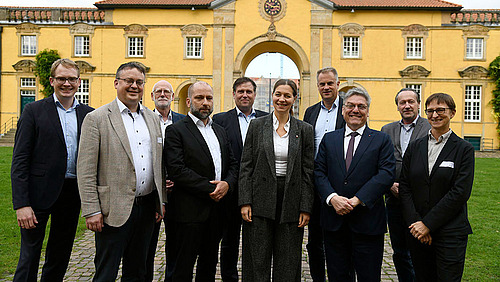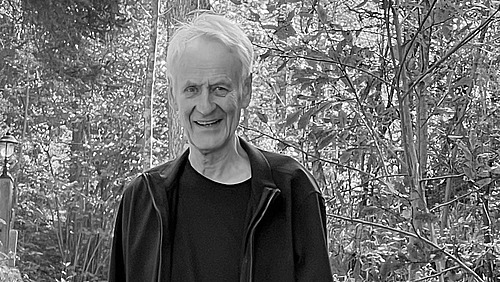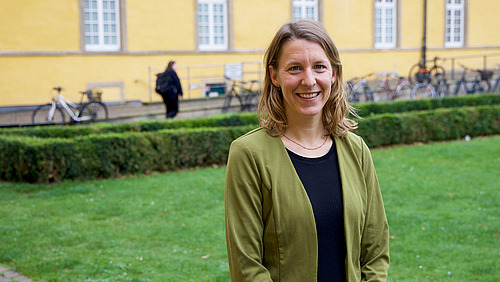The project is funded by the VGH Foundation with around € 17,000. Established in 2000, the foundation aims to enable as many people as possible to participate in culture, to convey cultural content and to promote cooperation between cultural institutions. "The project fulfills the foundation's funding objectives in several respects," says Dr. Michael Kottmann, VGH Regional Director for Lingen and Osnabrück. "That's why we at the VGH Foundation are happy to support this exciting project."
The Research Center Institute of Early Modern Intercultural Studies at the University of Osnabrück, the Justus-Möser-Gesellschaft/Historischer Verein Osnabrück and the Lower Saxony State Archives, Osnabrück Department (NLA OS) are working together to implement the project. Together, they are dedicating themselves to the Osnabrück statesman, publicist and writer, whose work is still judged differently today. "This can be explained, among other things, by the one-sided edition of his writings and the focus on his journalistic and literary activities," explains early modern historian Prof. Dr. Siegrid Westphal. In order to gain a more comprehensive picture of Möser, his official activities must be given greater consideration and seen in conjunction with his publishing and writing activities. "First and foremost, Möser was a lawyer and politician. In the context of his political activities for the Prince-Bishopric of Osnabrück, he wrote numerous expert opinions and statements on projects of practical enlightenment, such as medical regulations, coin reform and the cloth industry," said the scholar.
The majority of these handwritten texts have not been edited and are therefore not available to the public. The fundamental problem here is the lack of knowledge about how many official writings Möser produced during his lifetime and where they can be found. This is where the planned project comes in. The aim is to make the relevant holdings of the NLA OS accessible in depth. Thanks to a cooperation with the archive, the data obtained during the indexing process will be entered into an archive information system and made available to interested members of the public and researchers. "This will make it easy to find and view Möser's expert reports in future. In addition, in-depth indexing also provides a good basis for a possible edition project," says Westphal.
Further information for editorial offices:
Prof. Dr. Siegrid Westphal, Osnabrück University
Research Center Institute of Early Modern Intercultural Studies
siegrid.westphal@uni-osnabrueck.de





